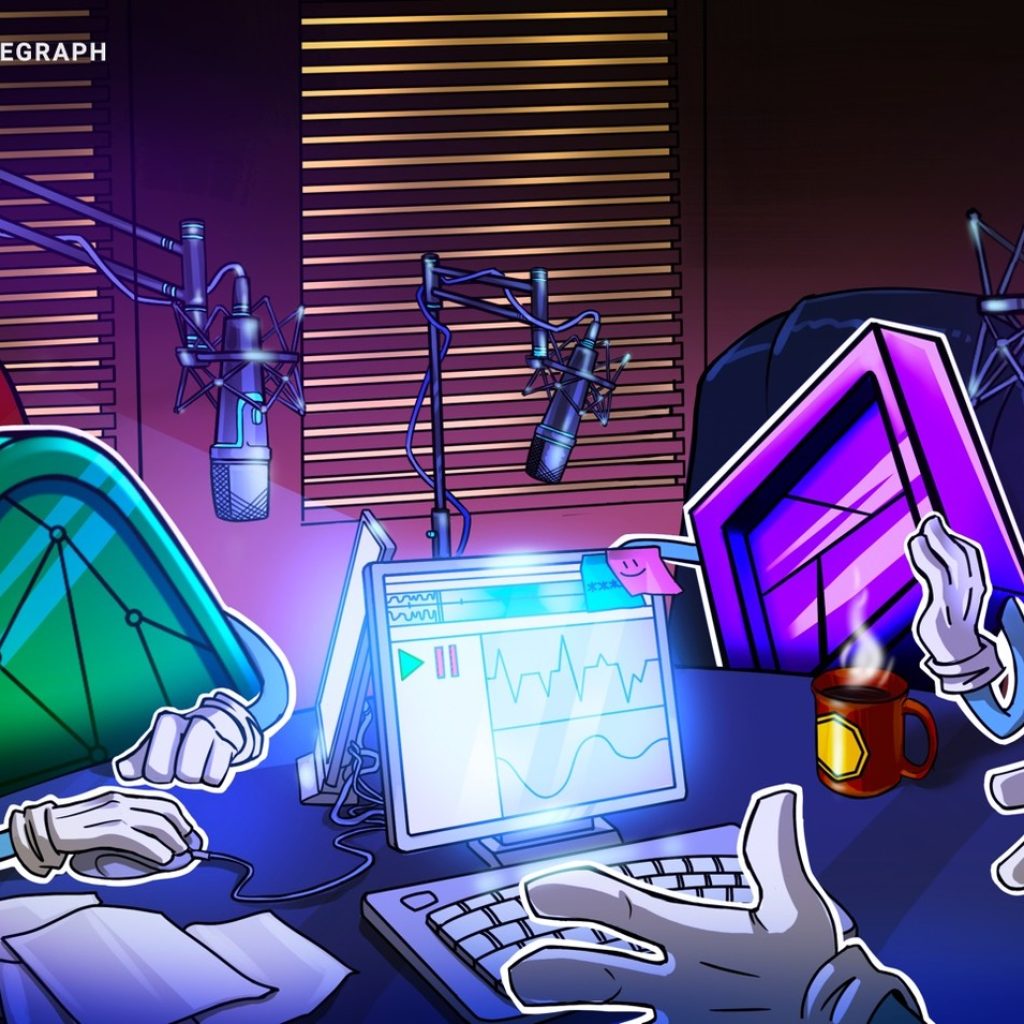
Sotheby’s marketplace will attempt to set itself apart by presenting a range of artists curated by experts from the auction house.
In this week’s newsletter, read about Sotheby’s auction house launching a secondary nonfungible token (NFT) marketplace. Find out about the popular marketplace Blur introducing an NFT lending protocol, and learn how a neobank has introduced soulbound NFTs for Know Your Customer (KYC) information. In other news, sellers are dominating the NFT market, and Meta is offsetting losses in its metaverse unit with artificial intelligence efforts.
Sotheby’s auction house launches on-chain secondary NFT marketplace
Sotheby’s has launched an on-chain marketplace for NFTs. The platform allows purchasing secondary NFTs with Ether (ETH) or Polygon (MATIC), with artist royalties automatically paid according to their chosen rate through smart contracts.
The platform will try to distinguish itself by offering a selection of artists handpicked by specialists from the auction house. On May 1, Sotheby’s announced that its platform would launch with works from 13 digital artists, including XCOPY, Claire Silver, Tyler Hobbs and Hackatao.
Blur introduces NFT perpetual lending protocol
Budding NFT marketplace Blur has launched Blend, a perpetual lending protocol that supports NFT collateral. The platform was developed in partnership with venture capital firm Paradigm and aims for “financialization to scale,” while offering no oracle dependencies or expiries.
Blend matches lenders and borrowers through an off-chain offer protocol with no fees. The protocol offers indefinite borrowing positions until terminated, allowing borrowers and lenders to extend the loan expiration time by a predetermined period.
Neobank introduces soulbound NFTs for wallet holders’ KYC information
Cogni, a neobank with Federal Deposit Insurance Corporation coverage, is introducing soulbound NFTs for KYC information to its crypto wallet holders. The bank’s soulbound NFTs are nontransferable, and decentralized applications (DApps) can decrypt them only with the owner’s permission. The NFTs will satisfy KYC requirements in the United States and will be available to partnering DApps without further action required.
According to Cogni founder Archie Ravishankar, they are trying to provide a crypto wallet that offers something similar to the “normal banking experience.” Cogni also foresees the creation of a DApp marketplace that can be connected with only a few clicks, including KYC verification.
NFT markets are out of balance, with sellers dominating: Data
The NFT market has struggled due to buyer and seller mismatch in April. According to data from NFT tracker NFTGo, the number of sellers outnumbered the number of buyers in the NFT market throughout the month.
The data shows that on April 5, there was an increase in buyers, recording 18,495 NFT purchasers. However, the analytics site also recorded 36,423 sellers on the same day. Meanwhile, April 19 became the second-lowest point in the past twelve months with only 5,893 buyers, a slight increase from the lowest recorded date on June 18 last year.
Metaverse division’s $4B loss drags on positive first quarter for Meta
Despite its losses from its metaverse unit amounting to almost $4 billion, Meta posted a solid profit of $5.7 billion in its earnings report. The firm’s artificial intelligence projects offset the losses in its metaverse efforts. According to Mark Zuckerberg, its AI efforts have provided promising results across the business.
In addition, the Meta CEO also highlighted that the company is becoming more efficient in building better products. This puts them in a better position to deliver long-term results.

CHECK OUT COINTELEGRAPH’S NFT STEEZ PODCAST
Thanks for reading this digest of the week’s most notable developments in the NFT space. Come again next Wednesday for more reports and insights into this actively evolving space.





